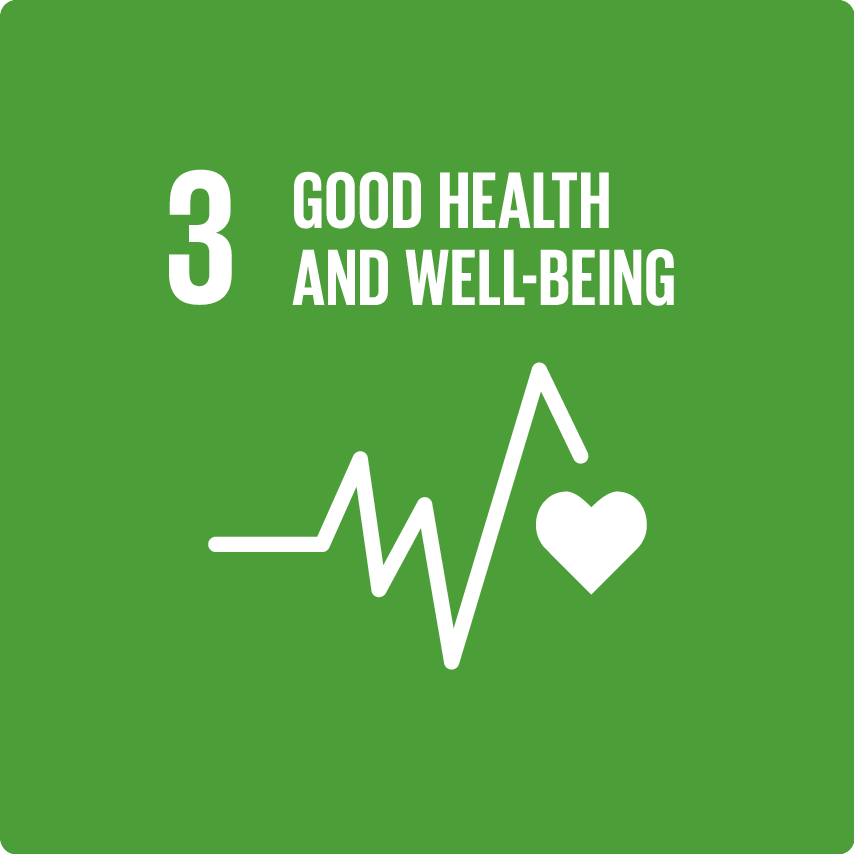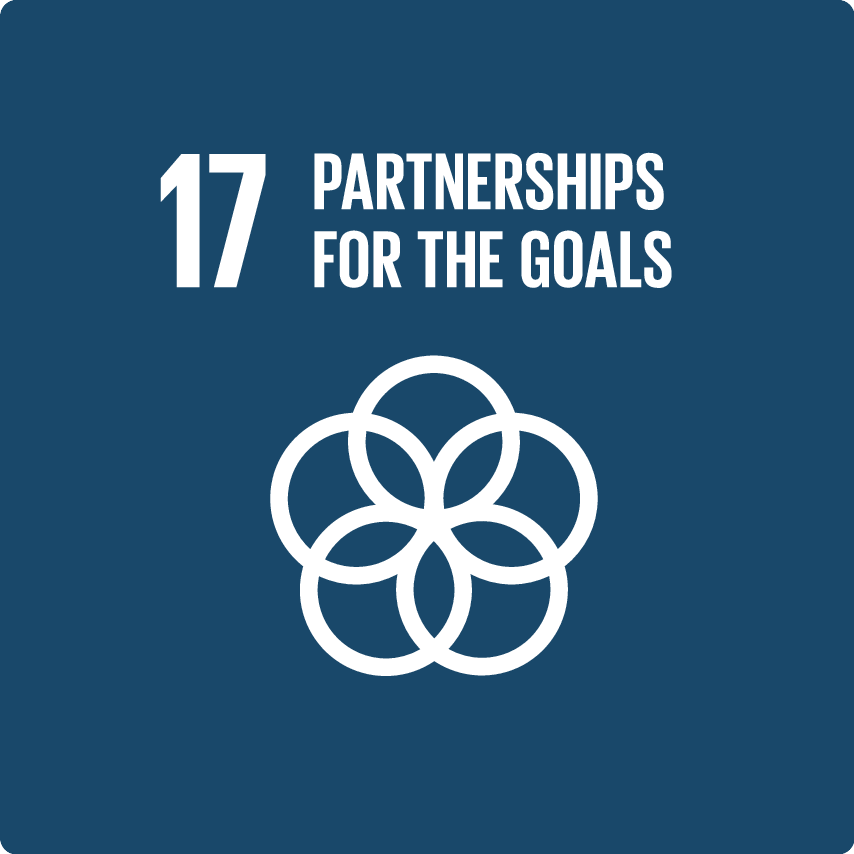R&D Instrumental Access Program (IAP)
Takeda established a partnership with NGO, Seeding Labs to provide underutilized equipment and instruments from across Takeda to research institutions in LMICs, to help them grow and advance their research capabilities.
SEE ALL PARTNER ORGANIZATIONS
Health needs and challenges
Scientific talent is everywhere, but unfortunately for most LMICs the resources are not. Access to the right, tools, resources and lab equipment training for scientists in developing countries is essential to further their research career, build sustainable healthcare capacity and accelerate scientific innovation and discovery. Helping to catalyze basic research and early translational medicine can have an enormous positive impact on strengthening the overall healthcare infrastructure in these countries.
How partnerships and activities address the needs and challenges
In 2017, Takeda established a partnership with NGO, Seeding Labs with a commitment to provide underutilized equipment and instruments from across Takeda to research institutions in LMICs, to help them grow and advance their research capabilities. The pioneering Instrumental Access Program (IAP), uses Seeding Labs’ existing processes and platform for distributing the donated scientific equipment to almost 20 LMICs across Africa, the Caribbean, Europe, and Southeast Asia.
Through the partnership, Takeda assisted in establishing a more sustainable and efficient connection between corporations/pharmaceutical companies and Seeding Labs that would enable the most critical lab equipment for LMICs Universities to be identified and provided on an ongoing basis.
The program requires and involves an innovative process and system for matching scientific equipment from corporations with qualified applicants from LMICs countries.
- Local universities in these countries submit requests for equipment to support their local research programs through the Seeding Labs online portal
- Using an online platform and process, applicants are able to communicate the need for specific equipment
and the potential impact and outcomes of their work. In this way, the research supported is directly aligned with the
local needs of the LMICs countries and universities. - The universities/researchers must demonstrate through their online application and interviews with Seeding
Labs’ review board that the equipment will be used to achieve specific research goals and that their research is
supported within the institution to ensure they are able to use and maintain the equipment over the long-term. - After this rigorous review process requestors can then use the platform to select from an array of available
instrumentation that has been provided by Takeda and other companies.
What is special about the IAP is that Takeda remains a partner with the universities concerned after the equipment has been delivered. Local medical professionals are trained in how to operate and get the best use out of the equipment through both hands on and virtual mentorship which allows the medical professionals to stay connected, ask questions and share experiences. Through the IAP, Takeda has hosted scientists from several LMIC countries at its research sites in the US as an opportunity for knowledge-sharing and exchange.
Results and milestones
The initiatives achievements are measured through the number of instruments provided, number of LMICs affected, number of universities in LMICs receiving equipment, the impact of equipment on local capacity building/research funding. To date, the Instrumental Access Programs has:
- Retained scientific talent, supported attainment of research grant funding, and facilitated the completion and
publication of research. - Opened the program up to additional partners through a new Global Health Corporate Consortium which has
helped Seeding Labs amplify the impact of the IAP.
No one is better placed to solve the local challenges that societies face than medical and research professionals that live in LMICs, who have been brought up there and have a vested interest in solving the unique challenges impacting their country. However, without scientific equipment and the right support, training and expertise it would be almost impossible for them to do this. Through the IAP, local medical professionals and researchers in LMICs will have the skills required to enable them to secure research funding themselves in the long-term and the resources, tools and training they need to continue to address the unmet medical, scientific and healthcare needs of their communities.
Geographic Reach
- Africa
- Americas
- Europe
- South-East Asia
Disease Area
- Non-communicable diseases
Target Population
- Other
Partner organizations
Geographic Reach
Africa
Americas
Europe
South-East Asia
Disease Area
Non-communicable diseases
- General Noncommunicable Disease Care (Health System)

